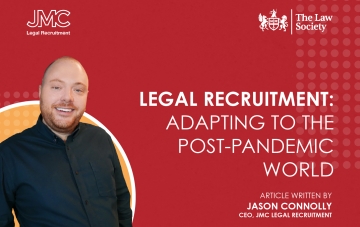
Legal Recruitment: Adapting to the Post-Pandemic World
10 Jun, 20228 Mins
The traditional partnership law firm model is facing a host of challenges from within its own industry and broader market and societal forces.
As an experienced recruitment consultant, I have seen first-hand how the Covid-19 pandemic has dramatically changed the expectations of talent.
A growing trend of legal professionals evaluating how to secure a better work-life balance…whilst continuing to reap the financial rewards has accelerated dramatically.
Against a backdrop of senior candidate shortages and competition for good people remaining fierce, law firms need to move away from established views and ways of doing things.
For those unwilling and unable to change, then recruitment and retention are likely only to get more expensive and more difficult as the struggle to attract talent goes on.
Modern working in traditional firms
Flexible working hours or frequent working from home was rare in many of the legal industry’s top firms before the pandemic and we have seen several signs of a willingness to embrace more fluid approaches.
Dentons launched its flexible working scheme ‘You Choose’ which allows the firm’s lawyers and staff to decide their own mix of home and office work, with the trial now being extended until December 2022.
Others are trialling and refreshing their own policies based on feedback from lawyers. However, there remain entrenched views and rigid operating models that hinder the adoption of truly flexible working.
Pay is also an issue that has changed since the pandemic, particularly at entry-level where the imperative to capture the cream of new talent has seen starting salaries spiral.
At the other end of the scale, there have also been changes to remuneration with senior employees who feel empowered to command much higher salaries. Once again, the fear of losing the short-term battle for talent is creating an inflationary effect.
Some are taking a more nuanced approach to provide additional financial incentives for Partners by awarding a share of revenues generated by the lawyers working on any partial piece of work or client.
It will be fascinating to see how this situation evolves, and what impact, if any, wider volatility has.
Is a challenger model the ultimate opponent?
It’s generally accepted that there are two main traditional law firm models.
‘Lockstep’ sees annual profit share increases that are equal and based on how long an equity Partner has worked at the firm. Whereas ‘Modified Lockstep’ is based on performance-based remuneration.
The lack of flexibility in these established career paths is one of the factors making consultancy model law firms extremely appealing to ambitious lawyers looking for a different route to fulfil their potential. It allows them to operate flexibly, choosing which clients they work with, how they develop their practice area and whether they’re based from home or in an office.
Lawyers work as self-employed consultants and keep the bulk of client fees, rather than being equity partners. According to mid-market investment bank Arden’s 2021 report, consultants are set to dominate the mid-market and it believes a third of all UK lawyers could be legal consultants in five years’ time.
Lexis Nexis’ 2022 report makes it clear that ‘consultancy law firms are putting pressure on talent retention’ and that the high cost of indemnity insurance is persuading solicitors to join fee-share consultancies rather than striking out on their own. This is backed up by our experience at JMC Legal. We’re seeing a huge increase in demand from experienced candidates who are looking for new challenges in a different environment. In many cases it’s not that they are unhappy…more questioning whether the traditional way of doing things is necessarily the best for them.
It’s clear that the willingness of high-quality talent to embrace new approaches and have more autonomy over their pay and conditions makes it the biggest opponent to traditional firms not willing to modernise their approach.
As the model continues to gain traction with top talent, it’s likely we’ll see the consultancy model firms increasingly moving upstream too and, over time, challenging some aspects of how the magic circle operates.
Speaking to hundreds of candidates a month each week, I find this model particularly fascinating, so I approached members of the gunnercooke team recently for further insight.
The Partner view
James Burnie, financial services regulation and FinTech Partner at gunnercooke comments: “There are huge benefits to joining a consultancy model law firm compared to starting out on your own.
“Joining an established group of like-minded individuals gives you the confidence to innovate, attract the type of clients you want to work with and work collaboratively across clients and projects.
“There are no limits on how you shape your practice area, and how you can impact the development of the wider organisation. Whether that’s through ideas, referrals or, in my case, helping gunnercooke to become the first UK law firm to accept cryptocurrency as payment for services. It’s all up for grabs.
“I’m in my 30s, challenging the view that only the most senior partners ‘risk’ making the jump to being consultants. I can choose how and where I work which matches the lifestyle aspirations I have.
“All of this is possible without affecting earning potential. I know that some of my peers here are earning five times what they did in traditional law firms.”
A Co-Founder’s view
Sarah Goulbourne, co-founder of gunnercooke, added: “Whilst the pandemic forced new ways of working onto traditional law firms, we already had an established model that’s proven to offer a better way to work and live.
“Practicing within traditional models can lead to burnout and a poor work-life balance, which not only affects the individual but also client service.
“Aside from the wellbeing aspect, consultancy offers lawyers something that money can’t buy…autonomy and control.
“You can’t underestimate the impact this has. It ensures our model stays outside the increasingly frothy recruitment market and ensures we attract the type of individuals looking to innovate and flourish.
“We enable these ambitious lawyers to act commercially, providing extra support from external experienced business consultants to help them grow their practice areas.
Where the power lies
The consultancy model law firm is a fascinating challenger concept that provides an alternative perspective to the wider recruitment dynamic.
Firms and consultancies that invest in creating the right environment for people to succeed personally and professionally are likely to be more successful than those that simply throw money at the challenge.
One thing is for certain - the power balance lies firmly with the talent. They are driving employers harder on salaries and conditions. Their response to this will likely shape both their own success and how the legal landscape looks over the next few years.
Written by Jason Connolly



